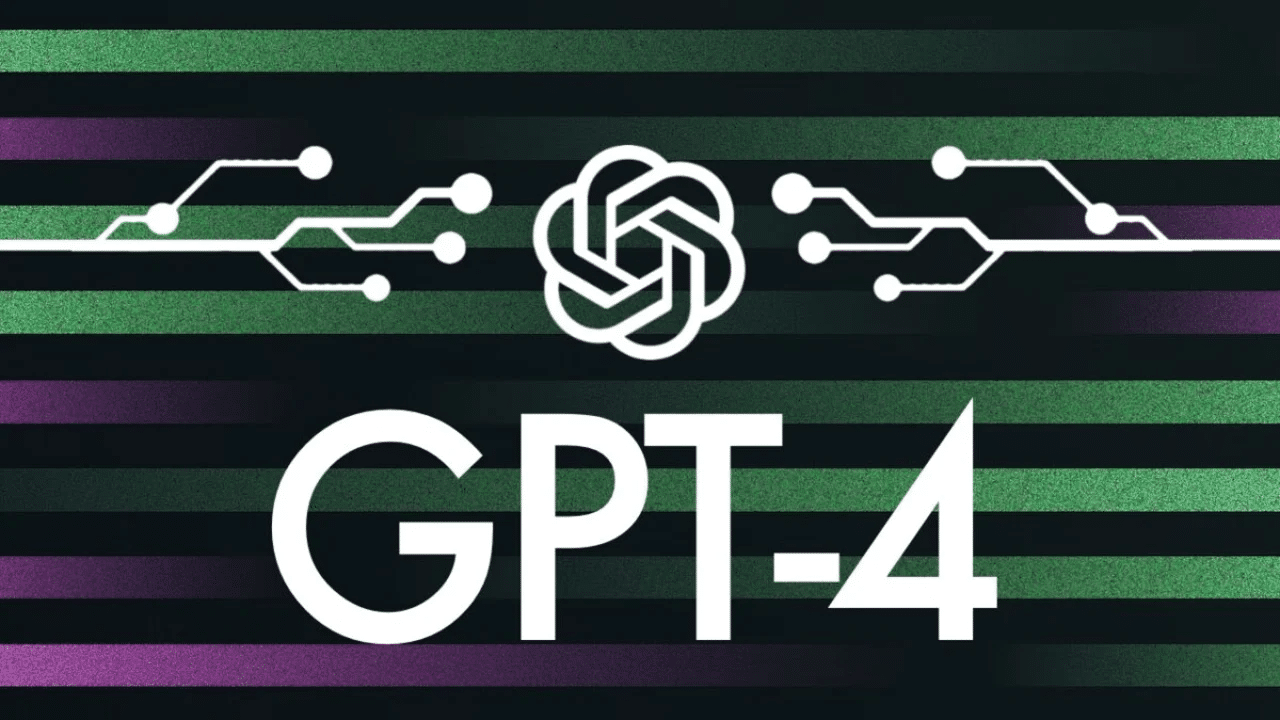Vulnerability Found in OpenAI’s ChatGPT API

OpenAI’s ChatGPT API has come under scrutiny due to a serious vulnerability that could be exploited for malicious purposes. A cybersecurity researcher has revealed that this flaw allows attackers to initiate distributed denial of service (DDoS) attacks on websites. The researcher, Benjamin Flesch, claims that the vulnerability is still active and has not been addressed by OpenAI. This situation raises concerns about the security of the API and the potential risks it poses to web services.
Understanding the Vulnerability in ChatGPT API
The vulnerability in the ChatGPT API was detailed by Benjamin Flesch in a recent GitHub post. He explained that the flaw allows the API to send multiple parallel network requests to the same website. This can be done using a specific method for handling HTTP POST requests. When the API processes these requests, it requires a list of hyperlinks in the URL parameter. However, OpenAI’s API does not check for duplicate hyperlinks in this list.
This oversight means that an attacker can craft requests that include multiple variations of the same hyperlink. As a result, the ChatGPT crawler can send thousands of requests to a single website simultaneously. Flesch rated this vulnerability with a high severity score of 8.6 on the Common Vulnerability Scoring System (CVSS). This rating indicates that the flaw is network-based, easy to exploit, and can significantly impact the availability of targeted websites.
The implications of this vulnerability are serious. A successful DDoS attack can overwhelm a website’s server, making it inaccessible to legitimate users. This can lead to significant downtime, loss of revenue, and damage to a company’s reputation. As such, it is crucial for OpenAI to address this issue promptly to protect both its users and the broader internet community.
Attempts to Notify OpenAI and Microsoft
Following the discovery of the vulnerability, Benjamin Flesch made several attempts to notify OpenAI and Microsoft, which hosts the ChatGPT API on its servers. He reached out through various channels, including the OpenAI security team, the data privacy officer, and Microsoft’s security and Azure network operations teams. Despite these efforts, Flesch claims that neither company has acknowledged the vulnerability or provided any updates on its status.
This lack of response raises questions about the effectiveness of the reporting mechanisms in place for security vulnerabilities. It is essential for companies, especially those handling sensitive data and services, to take such reports seriously. Ignoring potential security flaws can lead to severe consequences, not only for the companies involved but also for their users and the wider internet ecosystem.
Flesch’s experience highlights the need for better communication and transparency between cybersecurity researchers and technology companies. When vulnerabilities are reported, timely acknowledgment and action are critical to maintaining trust and ensuring the safety of digital services.
The Importance of Addressing Security Flaws
The discovery of vulnerabilities like the one in the ChatGPT API underscores the importance of robust security measures in software development. As technology continues to evolve, so do the tactics employed by malicious actors. Companies must prioritize security to protect their systems and users from potential threats. Addressing vulnerabilities promptly is not just about fixing the issue at hand. It also involves implementing preventive measures to ensure that similar flaws do not arise in the future. Regular security audits, code reviews, and penetration testing can help identify weaknesses before they can be exploited.
Moreover, fostering a culture of security awareness within organizations is crucial. Employees should be trained to recognize potential security risks and understand the importance of reporting them. By creating an environment where security is a shared responsibility, companies can better protect themselves and their users.
Observer Voice is the one stop site for National, International news, Sports, Editor’s Choice, Art/culture contents, Quotes and much more. We also cover historical contents. Historical contents includes World History, Indian History, and what happened today. The website also covers Entertainment across the India and World.

